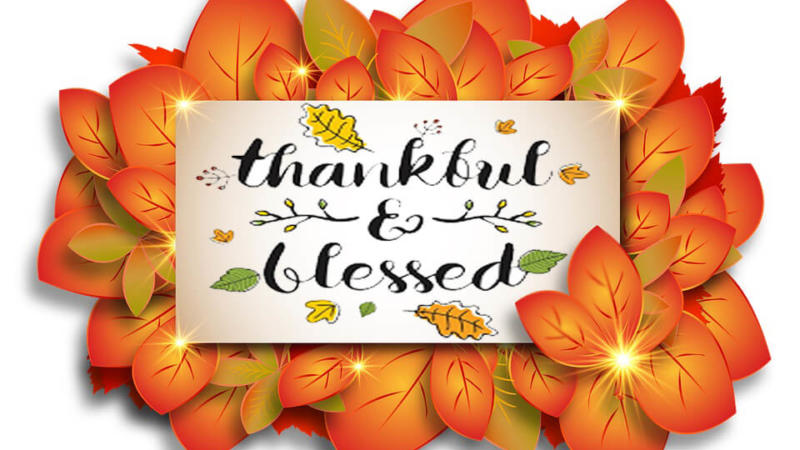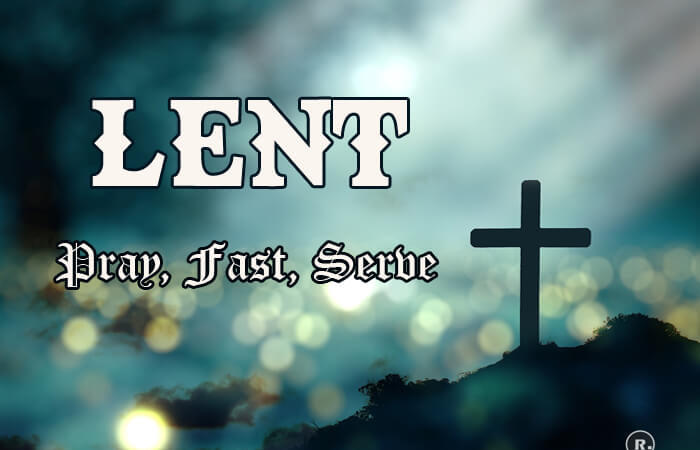Easter Monday | Dyngus Day

Easter Monday, also known as Bright Monday, Renewal Monday, Wet Monday, and Dyngus Day, is the Monday immediately after Easter Sunday. God’s plan for the restoration of his people had been accomplished. Now here we are on Easter Monday brimming with thankfulness and joy that Jesus died to cover our sins. His resurrection sealed our eternal life with him.
In 2024 Easter Monday will fall on 1st April.
Now it’s “the day after.” There are no specific details on Easter Monday in the Bible, but that doesn’t mean the world hadn’t experienced a major shift. Different cultures celebrate it with everything from a day off work to solemn processions and polka festivals. In many places around the world, it’s a day to get outside, spend time with your family, and have picnics as spring begins to blossom. In other places, it’s traditions that, while odd, are still honored and celebrated centuries later.
The day is a major holiday in the Eastern Orthodox community. It marks the beginning of “Bright Week” in the religion. Countries across Eastern and Western Europe, in particular, participate in Easter Monday observances. Easter Monday is a popular time to take short breaks to the countryside with friends and/or family.
Easter Monday, or La Pasquetta, literally means little Easter. It’s the first day after the religious intensity of Palm Sunday, Good Friday, and Easter Sunday has finished. When families and friends who have been solemn and pensive get together in a completely relaxed, informal, always noisy way to enjoy each other’s company and — hopefully — the warmer spring weather.
For Christians, Monday is the first day of the rest of our renewed, restored, and resurrected lives. We get to serve Christ this Bright week. And next Sunday we get to celebrate the cross and resurrection of Jesus all over again – because now the first day of every week has become the Lord’s Day! Jesus is believed to have stayed for 40 days, appearing to believers and giving ministry. He healed the sick and proved to doubters that he was the Son of God.
What happened on Easter Monday
Jesus appeared to many people on Easter Sunday. We read about his appearance to Mary Magdalene, the 2 travelers on the road to Emmaus, Peter, and the disciples in the upper room.
At Mass on the Sunday of Divine Mercy, we will hear the Gospel account of Our Lord’s appearance to the apostles on the night of the first Easter Sunday. When He appeared to them, the Risen Jesus showed them his hands and his side. He showed them his glorious wounds.
But his next known appearance isn’t until one week later. We don’t know how Mary or the disciples felt on Easter Monday. We are told that after seeing Jesus; they were overjoyed. Can you put yourself in their place? Monday couldn’t be just another day!
We know they had seen Jesus perform many miracles of healing and raised Lazarus from the dead. He had spoken of his own death and resurrection. They saw him dead and buried. They had seen the resurrected Jesus for themselves.
Easter Monday is significant because it is the day Easter which signifies the messiah – Jesus returned to earth. Jesus is believed to have stayed for 40 days, appearing to believers and giving ministry. He healed the sick and proved to doubters that he was the Son of God.
Easter Monday is a solemn remembrance of Christ’s death and resurrection and is the beginning of the Easter Octave. Easter Octave is the eight-day period (octave) in Eastertide that starts on Easter and concludes with the following Sunday. Eastertide is an entire season of new life, fulfillment, rejoicing, joy, and thanksgiving, it is a festival season in the liturgical year of Christianity that begins on Easter Sunday. The Octave of Easter ends on the Second Sunday of Easter, the Sunday of Divine Mercy.
Celebration around the world
Easter Monday is celebrated in 21 countries such as the United States, United Kingdom, Canada, and Australia, it is observed as a public holiday and considered as part of Easter. there are Easter parades known as Dyngus or Splash Monday that occur in many parts of the world.
Easter Monday was formerly regarded as unlucky and was therefore known as Black Monday (White Monday in Greece). Easter Monday was known as the Day of the Easter Egg Bundle or the Day of Feasts in Ireland. In the Republic of Ireland and in Northern Ireland, Easter Monday is a day of remembrance for the people who died in the Easter Rising in 1916.
Easter eggs are delivered by fox in Germany while in Switzerland these are delivered by a cuckoo. In the United States, the egg giving tradition started in the 18th century which is brought by the Protestant German immigrants in the Dutch area of Pennsylvania.






